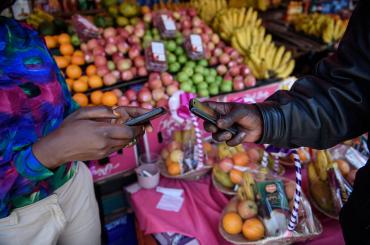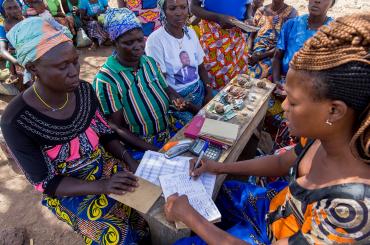
Finance
-

Financial access boosted labour market outcomes in Brazil
Access to vehicle financing in Brazil improved mobility and generated large returns (12-15% per year) through improved labour market outcomes
-

Heatwaves ripple into the financial system
Evidence from Mexico shows that extreme heat leads to increased delinquency rates, particularly among small and medium-sized enterprises. Policy must address these risks, coupling climate resilience with enhanced credit access for vulnerable firms.
-

Warrantage: A model of rural finance that boosts farmers’ income and investment
Warrantage is an innovative model of rural finance which improves access to credit and crop storage. In Burkina Faso, warrantage increased farmers’ sales revenues, which they spent on education, health, livestock, and future farm capital.
-

Reducing misconduct in Ghana’s mobile money markets benefitted all
Information is power: a low-cost transparency programme reduced vendor misconduct and increased market efficiency in Ghana’s mobile money market.
-

Mobile money markets and financial inclusion in Africa
How did adopting platform "interoperability" - a policy that promotes transactions and competition across operators - impact mobile money users in Africa?
-

The impacts of expanding credit on firm entry and growth in Brazil
Economy-wide expansion of credit for SMEs in Brazil induced entry of more capable firms but did not change employment at the municipal level
-

Using lotteries to attract deposits: Evidence from Mexican banks
Lottery incentives in Mexico attracted unbanked households to open bank accounts and caused a persistent increase in the flow of deposits and the stock of savings
-

Mobile Money: Issue 2
-

Microfinance: Issue 2